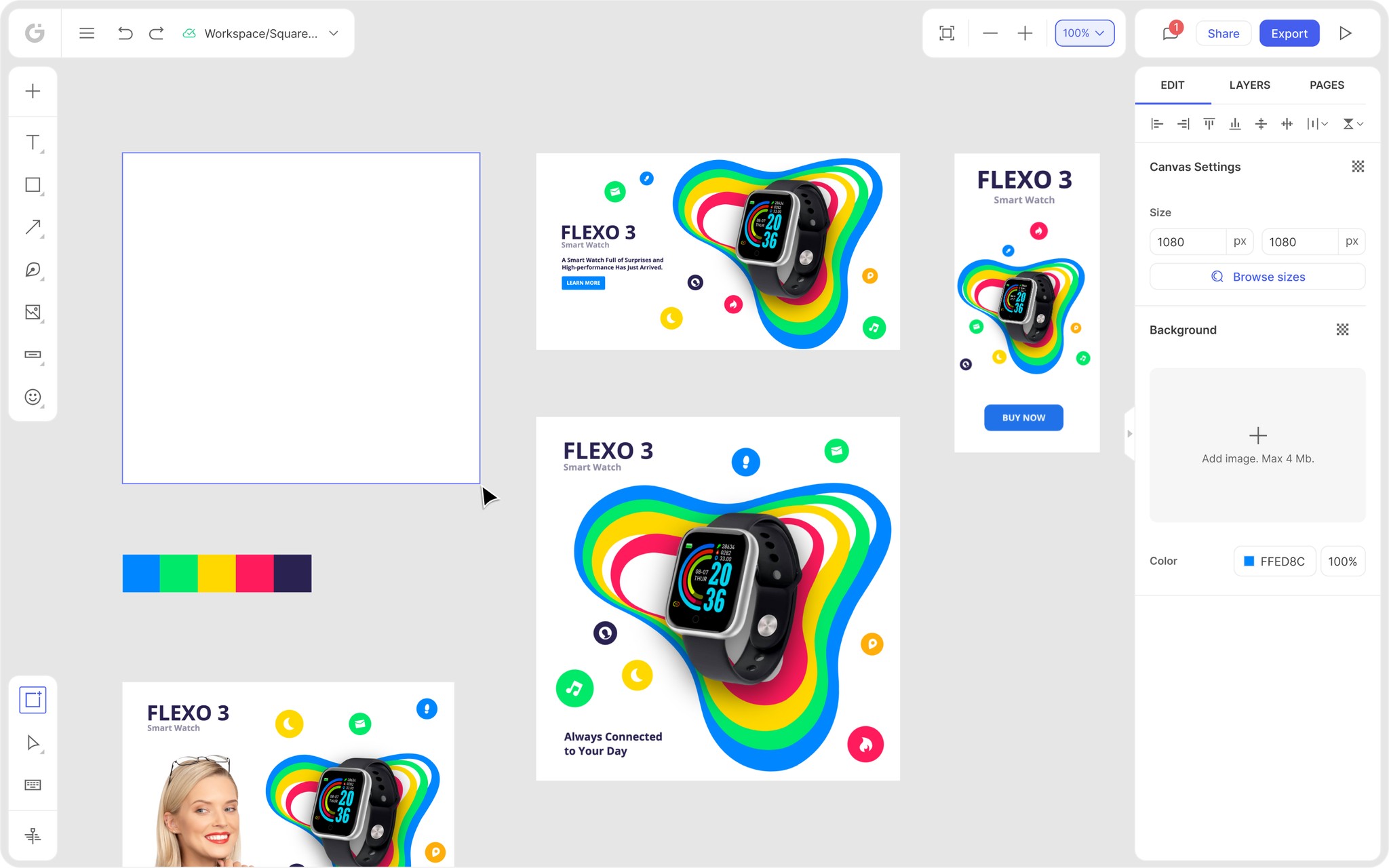We’re thrilled to announce that Glorify is officially partnering with Contra! This collaboration opens up exciting opportunities for designers, marketers, and creators in the Glorify community.
Posted Jan 24, 2023
•

Business
How To Do Branding for a Startup & Why It's Important
Why Is Branding Important For Startups?
Every business' success is greatly influenced by branding.
It enables you to reach your target audience, set yourself apart from your competitors, and maintain a competitive edge in a busy market.
Your startup branding strategy should reflect your values and resonate with your vision.
Whatsmore, it helps with product and market expansion and can attract investors and employees.
How To Do Branding For A Startup: 8 Steps To Follow
Given the significance of brand identity, let's look at the 8 steps of how to do branding for a startup.
1. What is your startup purpose, vision, and mission?
Let’s start with the purpose. Why did you choose the idea behind your startup in the first place? Do you have a unique product or service that is irresistible and irreplaceable for customers?
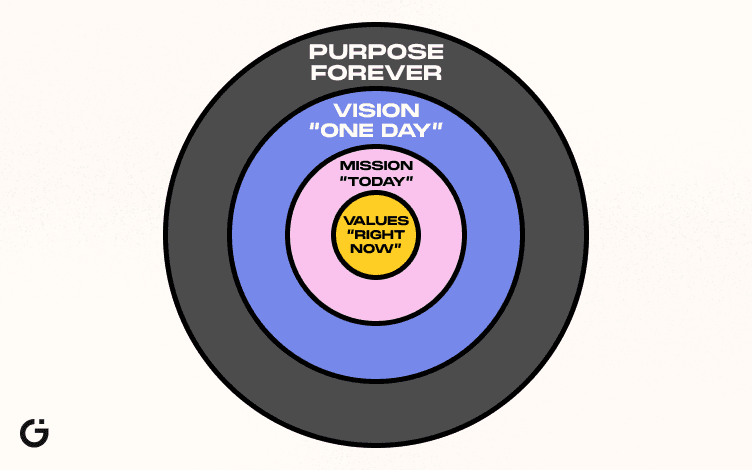
Consequently, your mission is a compelling argument for your target customer to do business with you despite everything else.
And lastly, a brand vision is where you wish to go with your startup – your future goals and aspirations.
All this combined makes a list of all the little steps you do each day to go closer to your goal.
2. Positioning among competition and finding ideal target market
As of December of 2022, there are 1,203 billion-dollar startups in the world.
How to find your place in a crowded market?
Positioning your brand in the minds of consumers should be your priority. It enables you to stand out from other competitors in your specific niche.
When customers consider buying a product, they usually go with a familiar brand.
So, how can you appeal to them as a new startup brand?
Consider what makes your startup distinct first.
What experiences and emotions will your target market have from using your product? After that, draw customers to your product by raising awareness of it.
As you build your brand by identifying your target market, your startup's ideal customers should become a part of constructing your identity.
To sum it up, if a startup can't establish a relationship with its clients, it will fail.
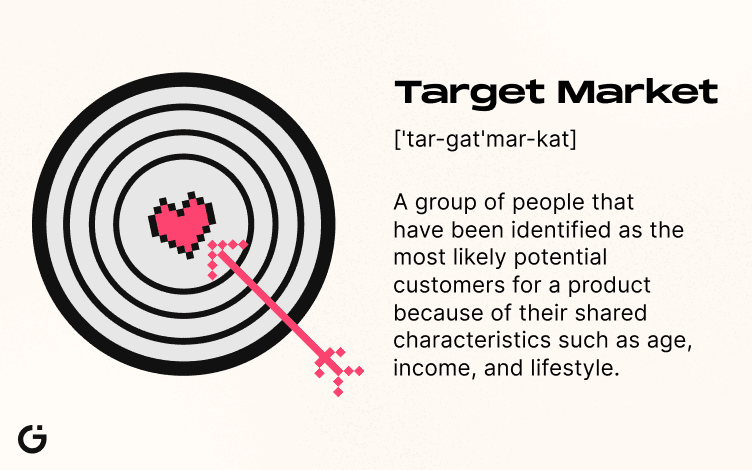
Because of this, learning how to do branding for a startup is crucial.
There are several approaches to finding your ideal buying persona:
Google the product or service you offer, and see who are your competitors and what is their branding strategy.
Look at the social media profiles or websites your target audience is interested in and follows.
Take a virtual or physical shopping trip to understand your target market shopping habits.
3. Choose a name
Another step in ‘’how to do branding for a startup strategy’’ is finding the right name for your startup. Like with our given names, it gives a personality to a brand.
Additionally, the brand name is the first thing we notice whenever we buy something.
The trust of consumers is increased if it is a branded product. And on average, consumers spend 25% more money on trusted brands
The name you choose should be brief, memorable, and meaningful. Because, unfortunately, customers seldom remember long and complicated names.
Since choosing a name at the startup phase is important, be careful and take your time. Make sure the name fits your brand's personality and your product.
For example, Burt’s bees sells cosmetics made with beeswax and other natural ingredients. Their slogan ‘By nature. For nature. For all’ sums up their mission, while the color choice resembles the natural hue of honey comb.
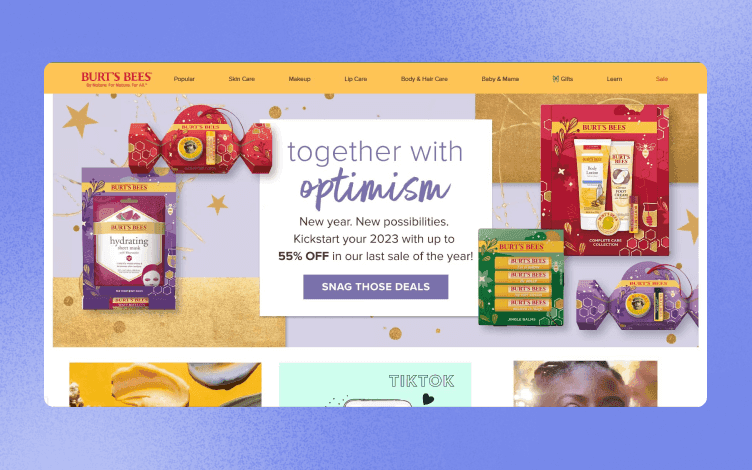
Lastly, to ensure that it doesn't have an unexpected meaning or is too similar to something else that you could have missed, it is also a good idea to run your name past a focus group of close friends.
4. Create a tagline/slogan
A memorable slogan is a nice addition that you can use as a tagline in your social media bios, website header, personalized business cards, and anywhere else where few words can leave an immediate impact.
Remember that you can change your tagline when discovering new marketing opportunities. For example, Uber changed their slogan several times.
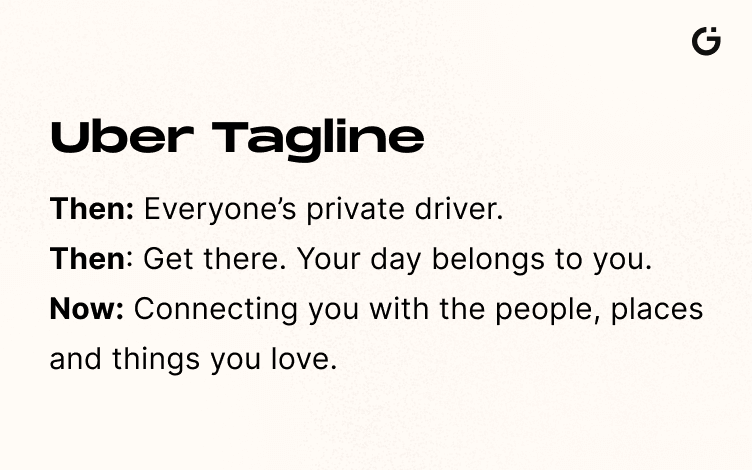
5. Choose your colors
Choosing your favorite hue as your primary brand color could be alluring, but there are better courses of action.
In addition to defining your brand's visual identity, colors can also assist you in conveying the sentiment you want to share and maintaining branding consistency.
Choose brand colors that set you apart from your immediate competition to prevent misleading potential clients.
For example, these two look-alike logos from both coffee brands – Starbucks and Korean Starpeya, not only have very similar colors, but also the shape and motif.
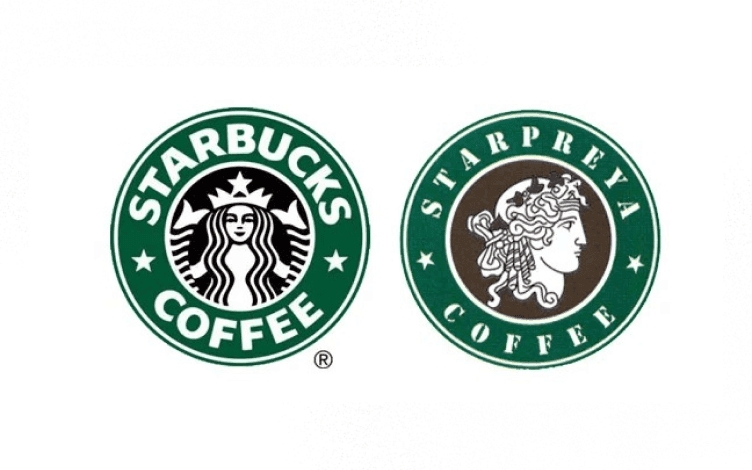
Even though color psychology isn't a precise science, it does influence your decisions, particularly when choosing the color for your brand's logo.
6. Consider the typefaces
Regarding fonts, keeping things straightforward is a shortcut to a successful design.
The right typeface choice is influenced by various elements, including function and circumstance, for instance, logo and website design.
If you are choosing a font for your website, choose up to two fonts - one for headings and one for body copy for easier readability.
Once again, think about the personality of your brand. You might go for rounded fonts that are incredibly easy to read if your brand voice is welcoming.
Consider bold, compressed typefaces if you want to appear confident, passionate, or brave.
For example, the most popular fonts for logos include Serif (Rolex and Prada), Sans serif (Netflix and Facebook), and Cursive (Cartier and Cadillac).
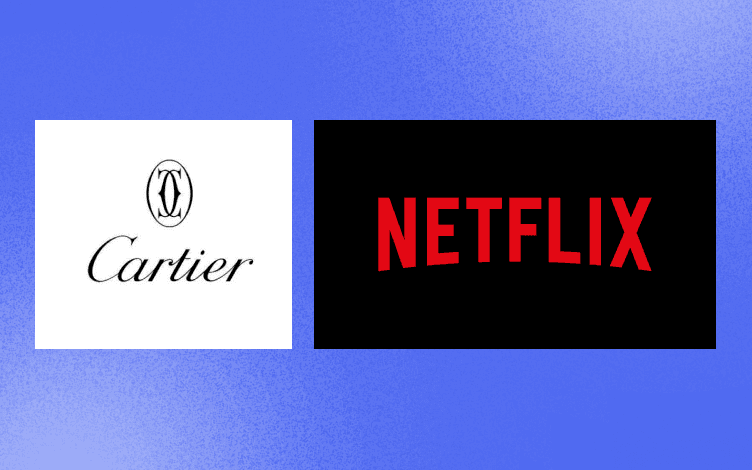
7. Design a logo
One of the first things that undoubtedly comes to mind when you consider how to do branding for a startup is a brand logo design.
And with good reason – 75% of people recognize a brand by its logo.
You can choose among several logo categories:
Emblems,
Pictorial marks,
Wordmarks,
Lettermarks,
Abstract logos,
Mascot logos,
Combination logos.
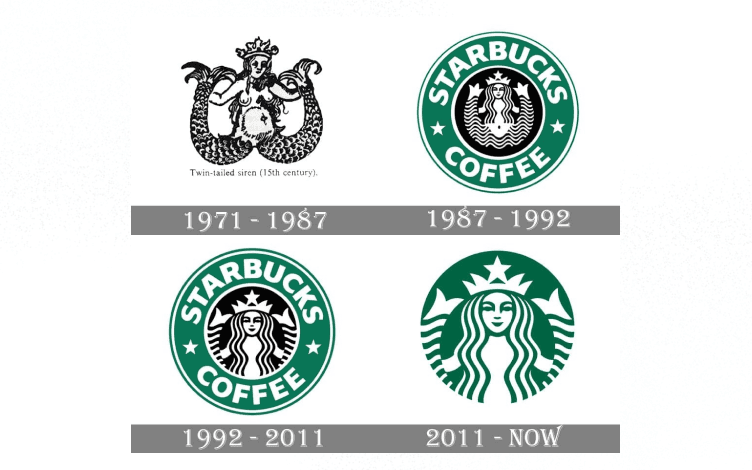
The ideal logo for your brand should be distinct and.recognizable. Also, make sure your logo has the right dimensions and is scalable to work at all sizes.
It will be nearly impossible to read if, for example, your Instagram avatar is a text logo. So instead, create a square version of your brand logo with an icon or symbol element (a logomark) that is still recognizable at smaller sizes.
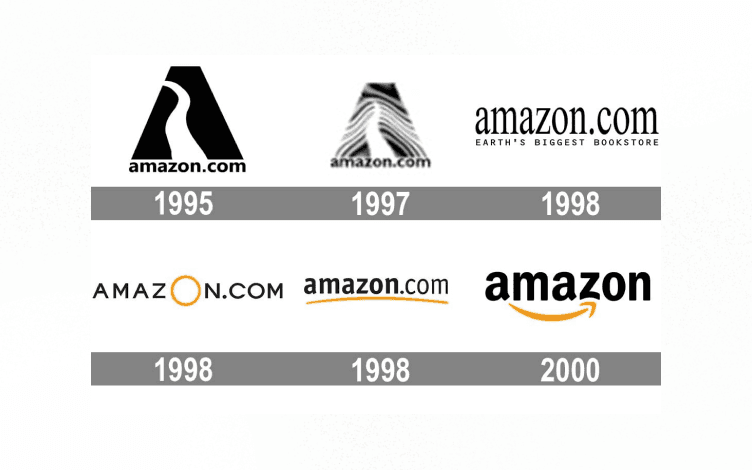
Note that it is worth investing in a logo that can be used online and in print media.
8. Be brand consistent
Create a unified brand narrative by using your branding through social media, website, printed materials, etc.
A brand story encapsulates "who" and "what" your startup brand is.
Everything related to your startup brand should completely match the design elements in your style guide.
Making a style guide the center of your focus will simplify any design tasks.
In addition, you will have your logo, color scheme, typefaces, and usage samples on hand to easily apply the next time you need to build a business card, website, or flyer.
Benefits of brand consistency are:
Brand recognition,
Building trust and loyalty,
Evoking positive emotions,
Shaping brand perception.
One of the best examples of brand consistency is Coca-Cola.
The red and white Coca-Cola logo is recognized by 94% of the world's population.
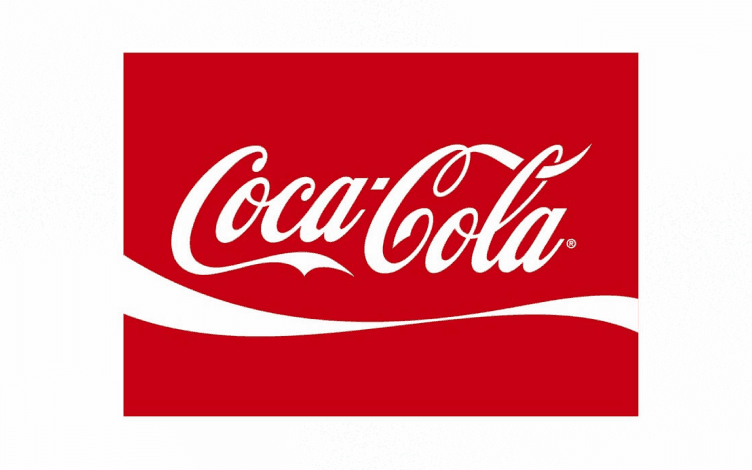
Wrapping It Up
Learning how to do branding for a startup is challenging. It will take time and effort to develop an identity, reputation, and ideal buyer persona for your brand.
Great branding can be even more difficult for startups, which already face challenges such as limited resources, a lack of industry understanding, and many other issues.
Above all things, understanding why branding is important for startups, and establishing a branding plan will direct you on the road to success.
How To Create Branding Assets With Glorify
Glorify is an all-in-one graphic design tool with features that make creating branding assets simple and fast.
A brand kit allows you to centralize all your assets – logo, logo variations, brand font, text styles, and color palettes – to an easily accessible and shareable brand kit.
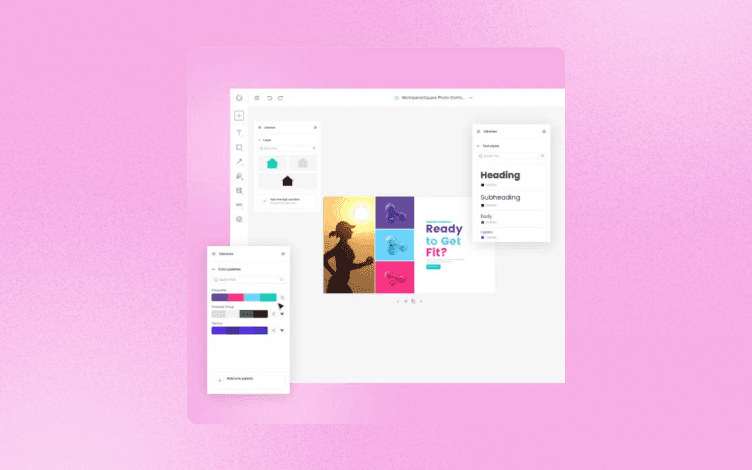
Brand Kit, the ideal companion to a powerful editor, enables you to maintain branding consistency across the vast array of designs you create for your marketing campaigns.
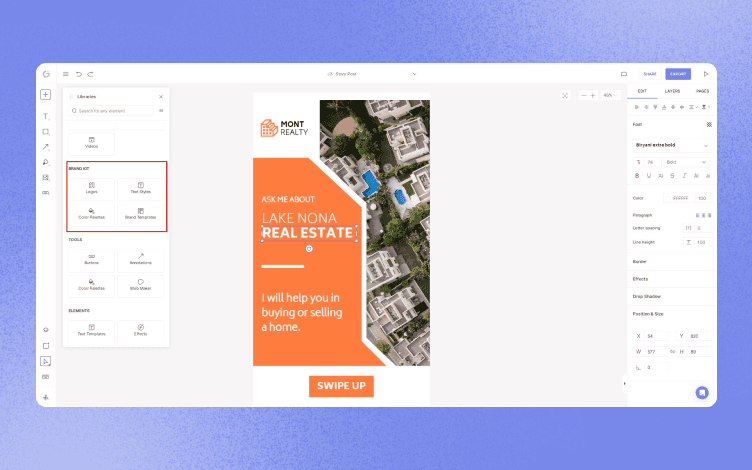
With just one click from the assets tab on the editor, you can easily incorporate your brand's colors and style into your website and marketing projects.

To develop brand alignment and designs with a consistent aesthetic, share your brand kit with a team and ensure every member has access to the most recent brand materials.
With Glorify, you create multiple brand kits for different workspaces and dedicate each space to specified team members for ultimate work efficiency.
So, sign up with Glorify today, and be more productive with all your branding assets in one place!
Features
Alternatives
© 2019-2024 Glorify App - All rights reserved.







